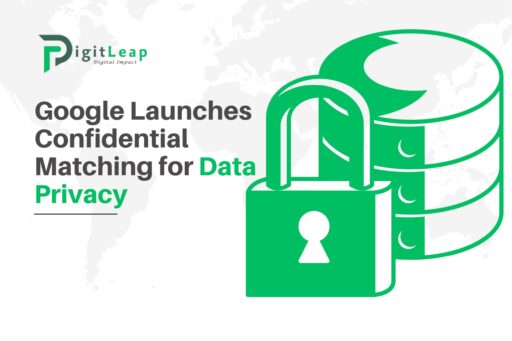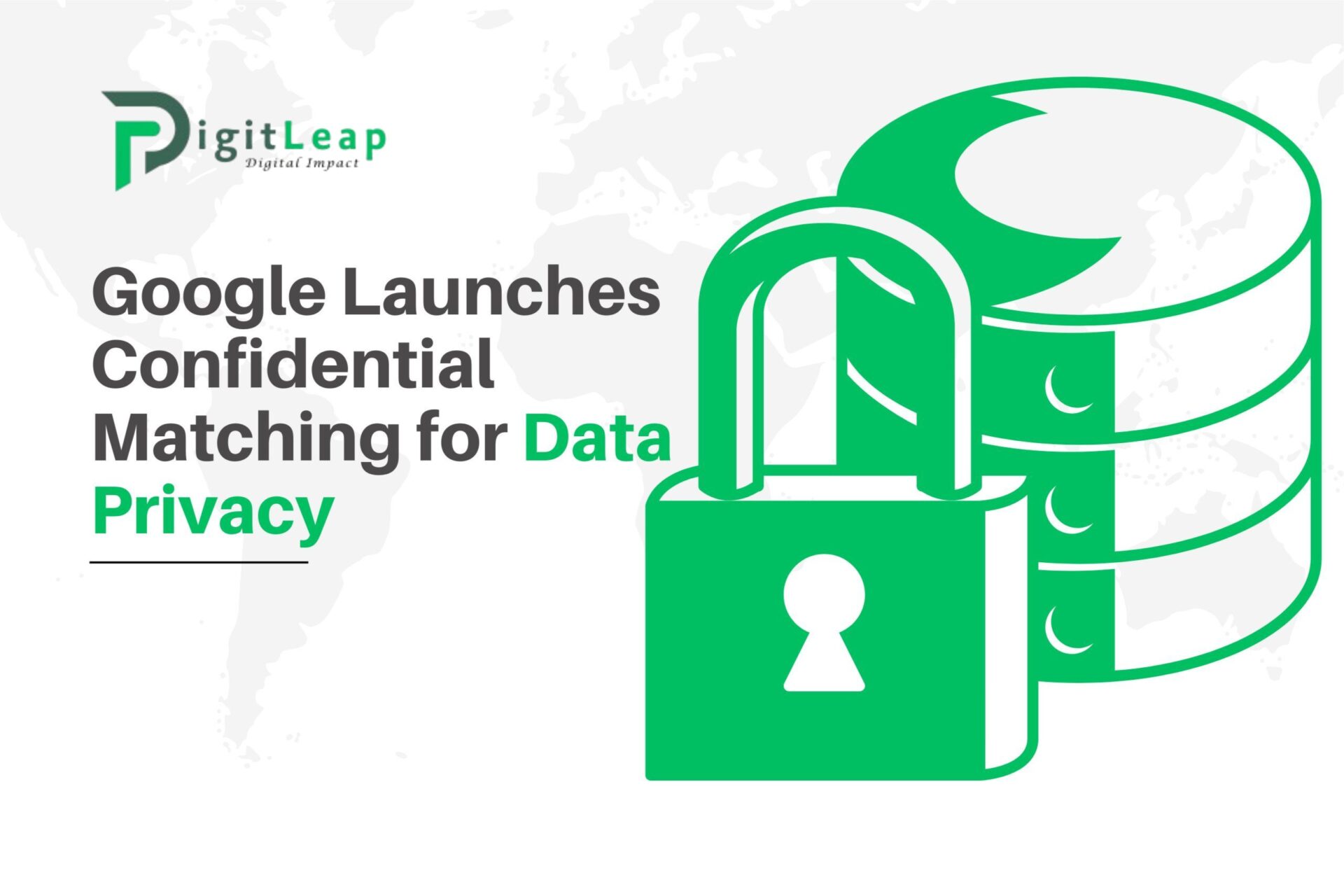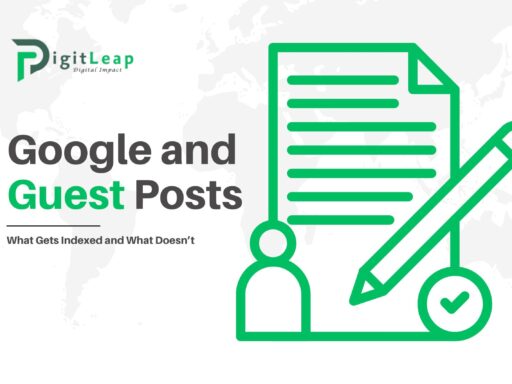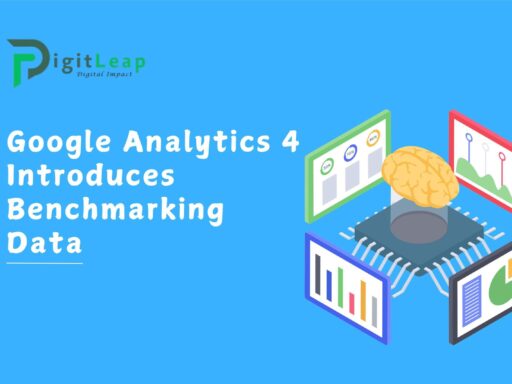In an era where data privacy is more critical than ever, Google is stepping up to help businesses and individuals better protect sensitive information. One of their newest solutions is Confidential Matching, a feature designed to improve data privacy by allowing organizations to share and compare data without exposing any personally identifiable information (PII).
For companies that rely heavily on data to make decisions, the challenge has always been striking the right balance between leveraging useful data and maintaining strict privacy standards. With Confidential Matching, Google offers a breakthrough solution that keeps sensitive information secure while still enabling the collaboration and data analysis businesses need.
But what exactly is Confidential Matching, and how does it work? Let’s break it down in simple terms.
What Is Google Confidential Matching?
Confidential Matching is a privacy-preserving tool that enables organizations to match data sets with external partners securely. Normally, when two parties want to share or compare data, there’s always the risk of revealing personal information, either intentionally or by accident. With Confidential Matching, both parties can perform this matching process without directly sharing sensitive data with each other.
Think of it as comparing two puzzle pieces without seeing the entire puzzle. Both sides can confirm if there’s a match, but no one gets access to the underlying data that they’re comparing. This method significantly reduces the risk of exposing private information while still allowing businesses to gain insights from the data.
How Does Confidential Matching Work?
Confidential Matching uses secure multi-party computation (MPC) and encryption techniques to ensure that data remains protected during the matching process. Here’s a simplified explanation of how it works:
- Encrypted Data: The data from both parties is encrypted before any comparison begins. This ensures that neither side can view the raw data that’s being compared.
- Matching Process: The encrypted data sets are compared using an advanced algorithm that can detect matches without exposing any of the actual data points.
- Results: The results of the matching process are shared in a way that only the outcome (whether a match exists) is visible, not the actual data itself. This keeps both parties’ information confidential throughout the entire process.
For example, let’s say two organizations want to compare their customer lists to identify overlapping customers. With Confidential Matching, they can securely compare their lists without either side revealing the full details of their customers, ensuring complete data privacy.
Why Is Confidential Matching Important?
Data privacy breaches have been making headlines for years, and both consumers and regulators are demanding better protections. The problem is that, until now, data sharing and collaboration have always come with risks. Whether it’s sharing customer lists, health records, or other sensitive information, there’s always the potential for data leaks or misuse.
Confidential Matching provides a solution by letting businesses collaborate without compromising on data security. Some key benefits include:
- Enhanced Privacy: Businesses can gain insights from data without exposing personal information.
- Regulatory Compliance: With stricter regulations like GDPR and CCPA, companies need to be more cautious than ever about how they handle customer data. Confidential Matching helps them stay compliant by minimizing the risks associated with data sharing.
- Better Collaboration: Confidential Matching allows organizations to work together on data-driven projects without worrying about breaching privacy agreements. This opens up new opportunities for partnerships and innovation while maintaining high privacy standards.
Use Cases for Confidential Matching
Confidential Matching can be used across various industries where data privacy is critical, and there are many scenarios where it could have a significant impact:
1. Healthcare
In healthcare, patient data privacy is paramount. Confidential Matching can help medical institutions collaborate on research or share data to track diseases without exposing sensitive patient information.
For example, hospitals can use this feature to securely compare their patient data to identify trends or shared cases without revealing the actual health records.
2. Marketing
Marketers often want to cross-check customer data between partners or compare advertising performance across different platforms. Confidential Matching allows them to do this securely, ensuring that customer data remains private while still analyzing audience overlap or engagement.
3. Financial Services
Banks and financial institutions deal with large volumes of sensitive data. Confidential Matching can help them work together to detect fraudulent activity across different institutions without compromising their customers’ data security.
4. Retail
Retailers may want to collaborate with suppliers or other businesses to better understand customer behavior or preferences. By using Confidential Matching, they can exchange valuable insights without revealing detailed customer information.
Conclusion
Google’s Confidential Matching marks a significant step forward in the world of data privacy. By enabling organizations to securely share and compare data without exposing personal information, it strikes the perfect balance between privacy and collaboration.
As the need for privacy-preserving technologies continues to grow, tools like Confidential Matching will become even more essential for businesses of all kinds. If your company wants to ensure its data-sharing practices remain secure and compliant, DigitLeap is here to help you navigate these new tools and strategies. Let us help you leap forward in the digital world while keeping your data safe.






